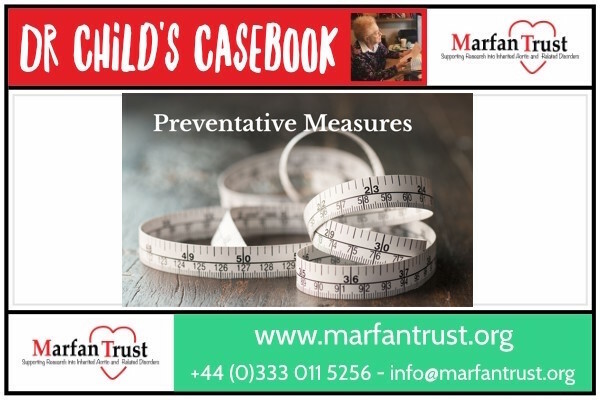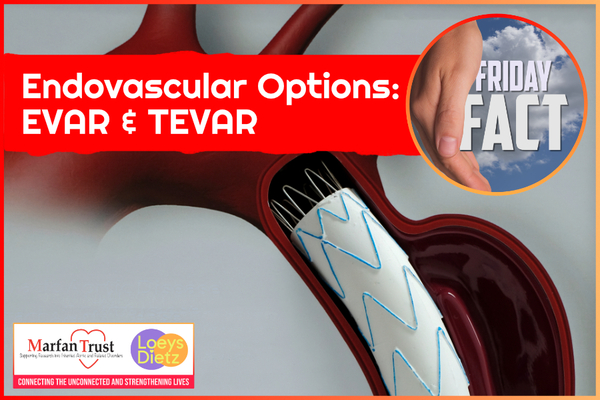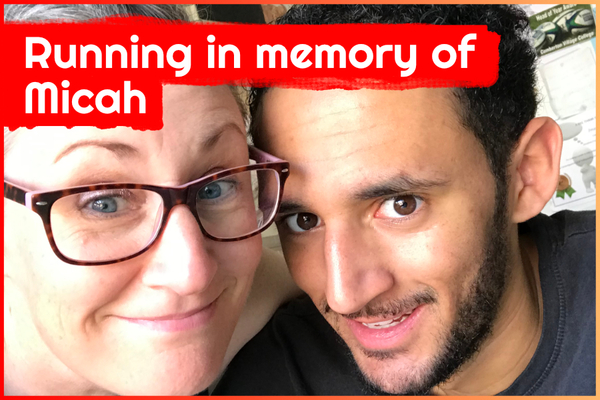When anticipating a mild medical procedure, one can sometimes predict potential problems that may ensue. Vulnerability to infection post procedure is perhaps something to consider for Marfan patients, whose connective tissue is thinner and vessel walls more fragile than average. In anticipation of a gastroscopy at the end of the month, a supporter has sought our advice on possible complications, in doing so realising the wise old saying that “prevention is better than cure”.
Q: My question is, as a Marfan patient monitored for mild mitral valve prolapse & aortic bulging, should I prepare or make the doctor aware of any possible complications when having a gastroscopy at the end of May or take antibiotic cover afterwards?
I have not had heart surgery, nor am I on medication. I’m being monitored at an expert hospital where I am currently awaiting the results if my annual CMR scan.
A: Many thanks for contacting the Marfan Trust. It's important to think about possible adaptations that might need to be made prior to any procedure so it's great to hear you are asking about whether or not prophylactic antibiotics are required prior to your gastroscopy. I have assumed you are asking this question in relation to a risk of endocarditis?
Antibiotics would usually be given prior to SOME procedures if an individual has a high risk of developing infective endocarditis (IE). IE is a serious condition in which the lining of the heart (usually the heart valves) becomes infected. The main risk factors for this include:
· a past medical history of IE
· a past medical history of any heart valve intervention (replacement or repair) that used prosthetic material
· a congenital heart condition (one that you were born with) that causes reduced oxygen levels in the blood or that has been repaired and leaves prosthetic material in place
There are NICE guidelines 2016 (National Institute for Health and Care Excellence) and the ESC guidelines (European Society of Cardiology) 2018 regarding Endocarditis.
Neither the NICE guidelines nor the ESC guidelines recommend antibiotic prophylaxis for gastrointestinal (GI) procedures, so you should not need them for your gastroscopy. It is also encouraging to hear that you just have a mild leak on your mitral valve and no previous surgery, so you would not meet any of the high-risk categories. We obviously don't have access to your medical records so if there is any additional medical history that you are concerned about it is worth contacting your cardiology team to double check that there are no other indications for antibiotic cover.
I hope this helps. It is important for you to mention that you have Marfan syndrome when you have your pre-assessment for your gastroscopy procedure and let them know that you have monitoring for your mitral valve and your dilated aorta. Take a letter from your last consultation, as any medical team will be keen to have detailed information if there are any issues with your heart, and procedures can sometimes be cancelled if they feel they don't have sufficient details to keep you safe during the procedure. A letter will have all your latest findings and the contact details for your cardiac specialist if the GI team want any further information.
Lastly, informed consent for the procedure should involve a dialogue between patient and doctor. I would write now before the procedure and express your concerns. Your specialist probably has an answer to this question.
Please inform the specialist that because connective tissue in Marfan syndrome is thinner and less elastic than average, and there is a bleeding tendency due to vessel wall fragility, extra care should be taken with the procedure.
Signs and Symptoms
The signs and symptoms of IE are often very vague and can be missed in primary care as it is a rare condition. If you are at higher risk of IE your cardiologist should have told you this and explained the symptoms to look out for. If you have flu–like symptoms (fever, sweats or chills) that last longer than a week with no obvious cause (eg. cough, cold, urine infection), you should seek medical attention from your GP urgently, and bring the completed Endocarditis In Case of Emergency (ICE) Card with you. A blood test is used to check for markers of infection.
You can download the card from the attached link which gives further information on IE.









